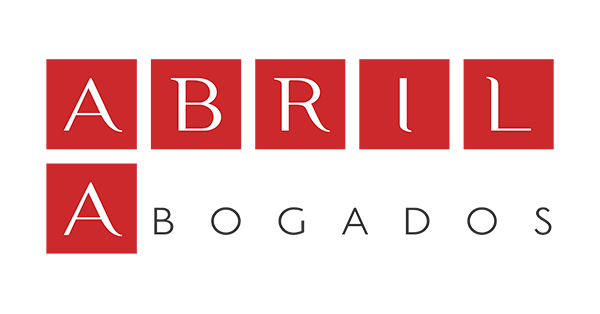![]() Yesterday, November 7, the Webinar arranged by the EUIPO to announce the platform EBSI-ELSA, on which the Office has being working.
Yesterday, November 7, the Webinar arranged by the EUIPO to announce the platform EBSI-ELSA, on which the Office has being working.
This initiative developed by the EUIPO tends to improve the fight against counterfeiting that affects not only the rights holders, but also the economy of a country and, of course, the final consumer’s interests and health (even), which is expected for 2024.
No more and no less, 33% of European consumers doubt about the authenticity of the products they buy online, according to information collected by the EUIPO. This shows that the problem persists, far from being solved.
It will be based on blockchain technology (European Blockchain Service Infrastructure -EBSI-) and aims to improve the monitoring of the products, from when they leave the production plants until they arrive at the consumer’s home (European product and Logistic and Supply Chain Authenticator -ELSA-), by creating a virtual equivalent product that would be sealed with an unalterable digital signature of the right holder and whose authenticity will be supported by the app of the EUIPO. The idea ultimately aspires to be able to validate the authenticity of the product by all the parties involved in the process, using a “Trust Registry”, which it depends on the EUIPO.
Along with the use of said technology, it is also intended to establish an interconnection system between all affected parties (non-existent today because each agent uses their own independent system), whether they are rights holders, logistics operators, customs authorities, etc.
We are, therefore, facing an ambitious project supported by the EUIPO which aims to take a big step towards ending counterfeits, by using the latest technologies for identifying unique elements, the effectiveness of which has already been proven in sectors such as of NFTs.
Fernando Ortega

